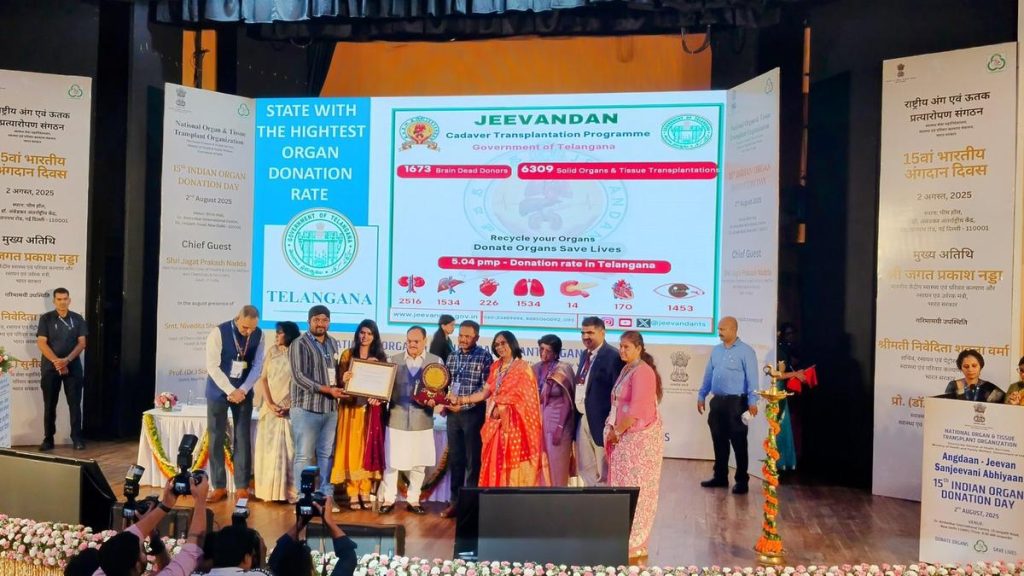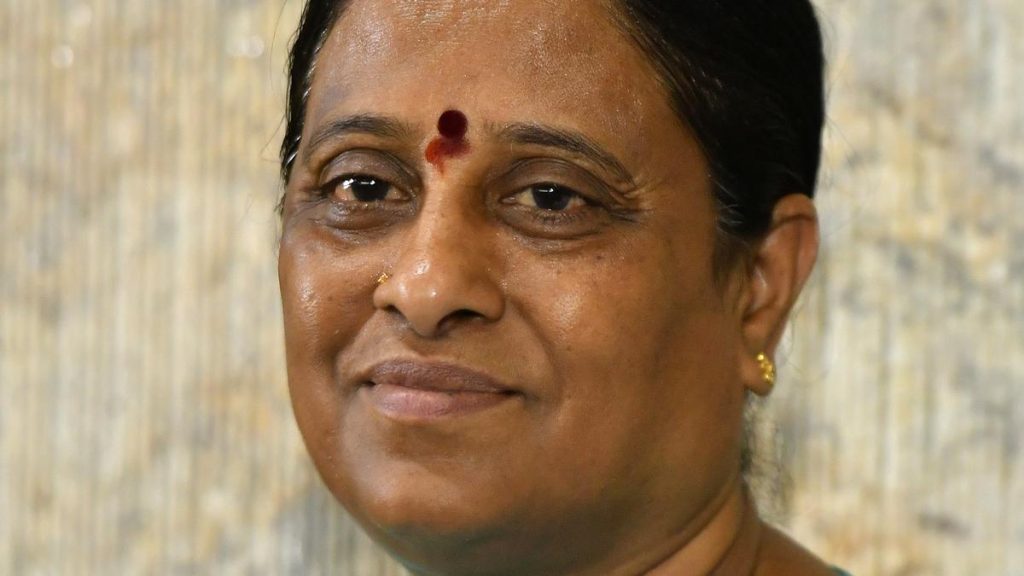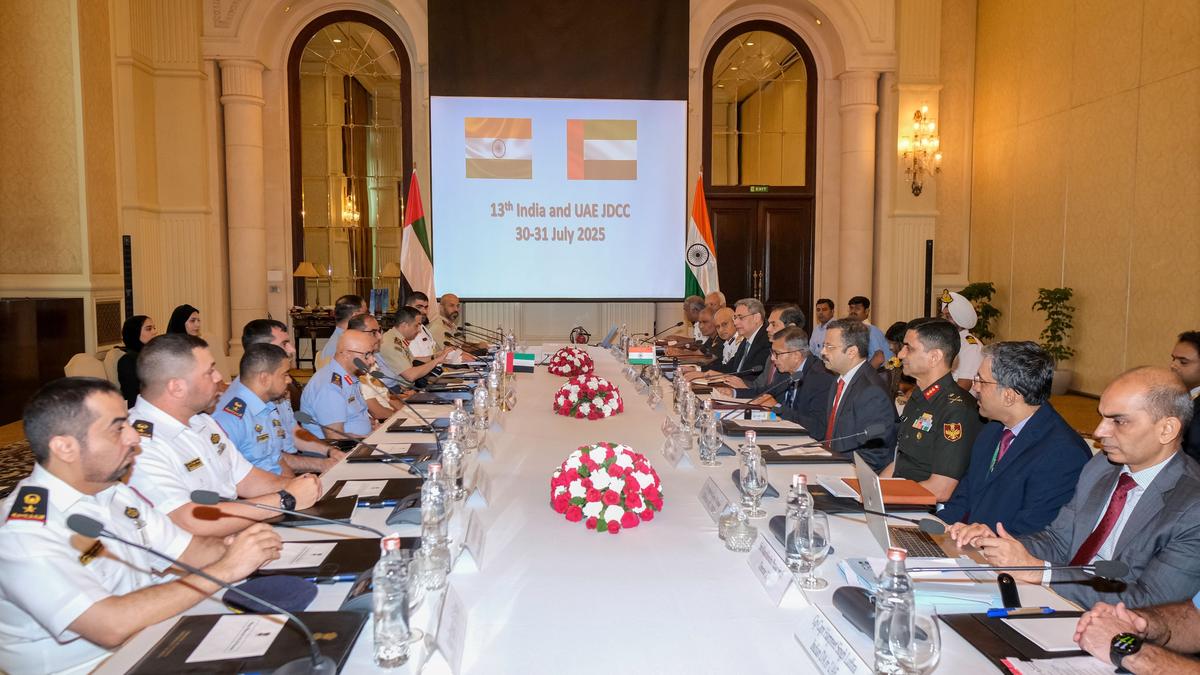Now Reading: Forum Demands Court-Monitored Probe into Dharmasthala Mass Burials
-
01
Forum Demands Court-Monitored Probe into Dharmasthala Mass Burials
Forum Demands Court-Monitored Probe into Dharmasthala Mass Burials

Rapid Summary:
- A new organisation named ‘Forum for Justice to Women in Kozhikode’ has been formed by social activists following allegations of “murders and mass burials” near the Manjunatha Swamy Temple in Dharmasthala, Karnataka.
- Allegations were brought forward by a former sanitation worker who claimed that numerous bodies, including women and minors who had been raped and murdered, were buried during his tenure at the temple between 1995-2014.
- The Karnataka government has constituted a Special Examination Team (SIT) to probe these accusations, but concerns have been raised about potential political interference in its functioning.
- The Forum demanded court-monitored investigations (under either the Supreme Court or Karnataka High Court). They also suggested exploring involvement from kerala police due to claims of Malayali women being among the victims.
- Safety measures for the whistle-blower and statements from all individuals associated with the temple have been requested to ensure a thorough inquiry.
- The Forum called for victim compensation from both Union and State governments while announcing a convention scheduled on august 15 in kozhikode featuring human rights activists from Karnataka.
- Memorandums regarding their demands were submitted to various entities, including governmental commissions.
indian Opinion Analysis:
The revelations surrounding alleged crimes connected with Dharmasthala’s iconic temple raise critical ethical and legal questions about clarity in handling such serious accusations. While forming an SIT is standard protocol for investigations of this magnitude, concerns raised by advocacy groups about political interference highlight trust deficits between civil society organisations and institutional mechanisms. Calls for judicial monitoring may strengthen credibility but could complicate jurisdictional dynamics between states like Kerala-a clear indicator of inter-state implications should more evidence emerge regarding Malayali victims.
Additionally, ensuring the whistle-blower’s safety represents an urgent step towards maintaining integrity within ongoing proceedings-indicative of broader systemic challenges faced when addressing grassroots-level allegations against powerful institutions.
If proven credible, these claims may prompt deeper examination into governance practices involving religious sites tied closely with socio-political entities across India-perhaps influencing reforms around oversight responsibilities or compensation frameworks for affected families nationwide.
for further details: Read More























